Top Artificial Intelligence Interview Questions And Answers 2025
4.9 out of 5 based on 98745 votesLast updated on 29th Jun 2024 16.32K Views
- Bookmark

Prepare for an AI interview by mastering core concepts, gaining hands-on experience, staying updated with industry trends, and honing problem-solving skills.
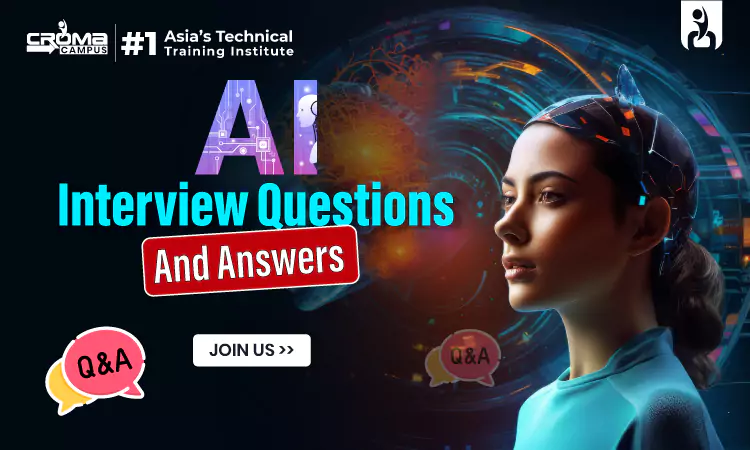
Introduction
Preparing for an AI interview can be both exciting and challenging, given the rapid advancements and the complexity of the field. Whether you're a fresher entering the industry or an experienced professional, preparing for the Artificial Intelligence Course in Delhi is key to showcasing your skills and knowledge effectively. This involves not only understanding fundamental AI concepts and algorithms but also gaining practical experience, staying updated with the latest trends, and honing your problem-solving abilities. Additionally, being able to articulate your thoughts clearly and discussing the ethical aspects of AI are crucial.
This guide on AI interview questions provides comprehensive tips to help you excel in your AI interview and make a lasting impression.
General Artificial Intelligence Interview Questions For 2025
Here are ten general Artificial Intelligence interview questions along with concise answers suitable for 2025:
- What is Artificial Intelligence (AI)?
AI is a field of computer science focused on creating systems capable of performing tasks that typically require human intelligence, such as learning, reasoning, problem-solving, and understanding natural language.
- What are the main types of AI?
The main types of AI are Narrow AI (or Weak AI), which is designed for specific tasks, and General AI (or Strong AI), which aims to perform any intellectual task that a human can.
- What is machine learning, and how is it related to AI?
Machine learning is a subset of AI that involves training algorithms on data to make predictions or decisions without being explicitly programmed. It enables the systems to learn and improve by gaining experience.
- Can you explain the difference between supervised and unsupervised learning?
Supervised learning uses labelled data to train models, allowing them to make predictions or classify data. Unsupervised learning uses unlabelled data to identify patterns and relationships without predefined labels.
- What is deep learning?
Deep learning is a subset of machine learning that uses neural networks with many layers (deep neural networks) to model complex patterns in data, often achieving high accuracy in tasks like image and speech recognition.
- How do neural networks work?
The Neural networks consist of several layers of interconnected nodes (neurons). Each of these nodes process input data and pass the result to the next layer. The network adjusts its weights based on the error of its predictions during training.
- What are some common applications of AI today?
Common applications include natural language processing (e.g., chatbots), computer vision (e.g., facial recognition), recommendation systems (e.g., Netflix, Amazon), and autonomous vehicles.
- What is reinforcement learning?
Reinforcement learning is a popular type of machine learning. In this, an agent learns to make decisions by taking actions in an environment in order to maximize cumulative rewards. It involves the exploration and exploitation of actions.
- What are ethical considerations in AI development?
Ethical considerations include ensuring fairness, transparency, and accountability, preventing biases, protecting privacy, and addressing the potential impact on jobs and society as a whole.
- How do you evaluate the performance of an AI model?
Performance is evaluated using metrics such as accuracy, precision, recall, F1 score for classification tasks, and mean squared error or R² for regression tasks. Cross-validation and testing on separate datasets are also important.
These were some of the important AI interview questions and answers that are generally asked.
Artificial Intelligence Interview Questions for Freshers
Here are some AI interview questions for freshers, along with concise answers:
- What are the major differences between AI and machine learning?
AI is the broader concept of machines being able to perform tasks that require human intelligence. Machine learning is a subset of AI that involves training algorithms to learn from data and make predictions or decisions.
- What is a neural network?
A neural network is a series of algorithms that mimic the operations of a human brain to recognize patterns and solve problems. It consists of layers of interconnected nodes (neurons) that process data.
- Explain the concept of overfitting in machine learning.
Overfitting occurs when a machine learning model learns the training data too well, including its noise and outliers, leading to poor performance on new, unseen data. It lacks generalization.
- What is a decision tree?
A decision tree is a supervised learning algorithm. It is used for classification and regression tasks. It splits the data into branches based on feature values, forming a tree-like structure of decisions.
- Why is data preprocessing important in AI?
Data preprocessing is crucial as it involves cleaning and transforming raw data into a suitable format for analysis. It helps improve the quality and performance of AI models by handling missing values, scaling features, and removing noise.
These AI interview questions for freshers should help freshers prepare for an AI interview.
You May Also Read These Posts:
Difference Between Artificial Intelligence And Machine Learning
Artificial Intelligence Certification Cost
Blockchain Interview Questions
Machine Learning and Deep Learning
Machine Learning Interview Questions
Artificial Intelligence Interview Questions For Experienced
Here are some AI interview questions for experienced candidates, along with concise answers:
- How do you handle imbalanced datasets in machine learning?
Imbalanced datasets can be handled using techniques such as resampling (oversampling the minority class or undersampling the majority class), using different performance metrics (e.g., precision-recall curve), or applying algorithms like SMOTE.
- Explain transfer learning and its benefits.
Transfer learning involves using a pre-trained model on a similar task as a starting point for a new task. It benefits by reducing training time, requiring less data, and often improving performance by leveraging learned features.
- What are GANs, and how do they work? (Important AI interview questions for experienced)
Generative Adversarial Networks, or GANs consist of two neural networks—a generator and a discriminator. These compete against each other. The generator creates fake data, while the discriminator distinguishes between real and fake data, improving both networks over time.
- Can you describe a challenging AI project you have worked on?
I worked on a project involving real-time anomaly detection in streaming data. The challenge was maintaining accuracy while ensuring low latency. We implemented a hybrid model combining LSTM networks and statistical methods for effective results.
- How do you ensure the interpretability of complex AI models?
Ensuring interpretability can be achieved through techniques like feature importance analysis, using simpler surrogate models, applying SHAP or LIME for local explanations, and maintaining transparency in the model-building process.
These AI interview questions and answers cater to experienced professionals and cover more advanced concepts in AI.
Tips For AI Interview Preparation
AI interview preparation requires a combination of technical knowledge, practical experience, and an understanding of the latest trends and advancements in the field.
Here are some tips to help you prepare effectively:
- Review Core Concepts: Brush up on AI basic interview questions concepts such as machine learning, neural networks, deep learning, and natural language processing. Ensure you understand key algorithms, their applications, and when to use them.
- Hands-On Practice: Gain practical experience by working on real-world projects. Use platforms like Kaggle to participate in competitions and complete data science projects. Familiarize yourself with popular tools and libraries like TensorFlow, PyTorch, and scikit-learn.
- Understand Current Trends: Stay updated on the latest AI research and industry trends. Follow AI conferences, read research papers, and keep an eye on advancements in AI technologies and applications.
- Prepare for Coding Challenges: Many AI questions and answers include coding assessments. Practice coding problems on platforms like LeetCode, HackerRank, and CodeSignal. Focus on algorithms, data structures, and problem-solving skills. This is an important step in your AI interview preparation.
- Study Case Studies: Review case studies of successful AI implementations to understand how AI solutions are designed, developed, and deployed. Be prepared to discuss your own experiences and projects in detail.
- Mock Interviews: Conduct mock interviews with Artificial Intelligence questions to practice articulating your thoughts and responses. This can help you improve your communication skills and build confidence.
- Ethical Considerations: Be prepared to discuss the ethical implications of AI, including bias, fairness, and privacy. Understand the importance of responsible AI development and deployment.
By following these tips, and going through the AI interview questions and answers, you can enhance your preparation and increase your chances of success in AI interviews.
Conclusion
To summarise, preparing for an AI interview requires a balanced approach that includes strengthening your understanding of core concepts, gaining hands-on experience, staying current with industry trends, and practicing problem-solving skills. Consider investing in Artificial Intelligence Online Training for the best guidance. Focus on coding challenges, review real-world case studies, and engage in mock Artificial Intelligence interview questions to refine your communication and presentation abilities. Additionally, understanding the ethical implications of AI is crucial. By dedicating time to these areas, you can confidently approach your AI interview, showcase your expertise, and demonstrate your readiness to contribute effectively to the field of artificial intelligence.
Subscribe For Free Demo
Free Demo for Corporate & Online Trainings.
Your email address will not be published. Required fields are marked *




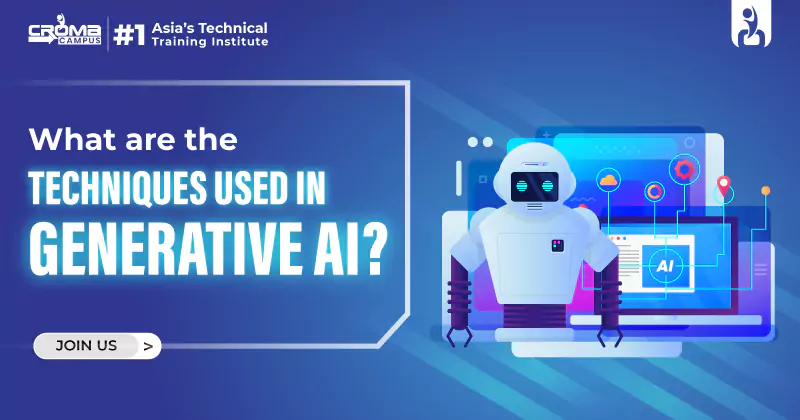

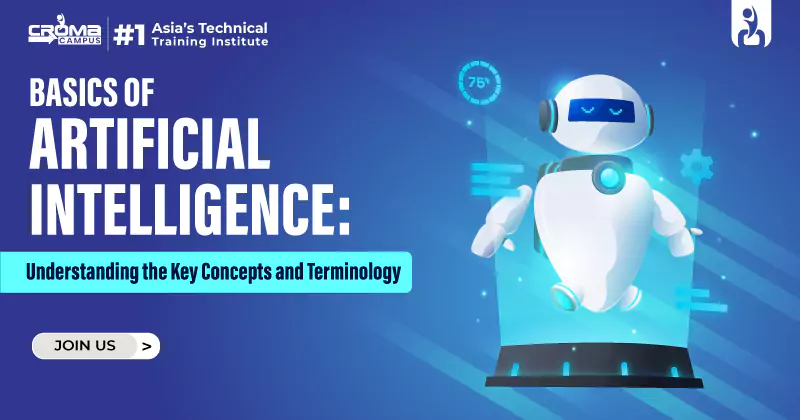
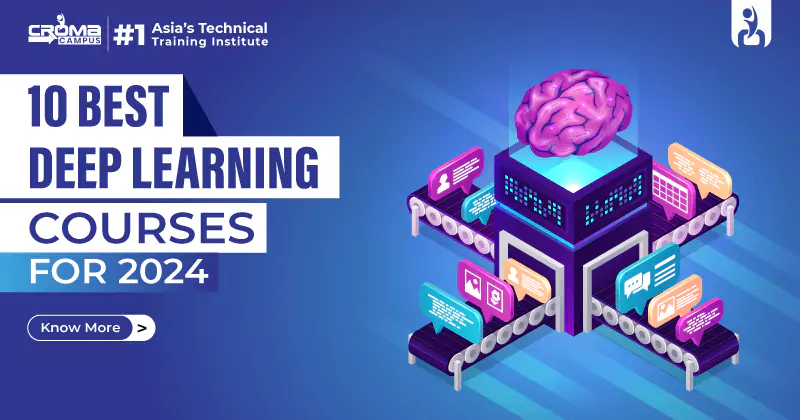
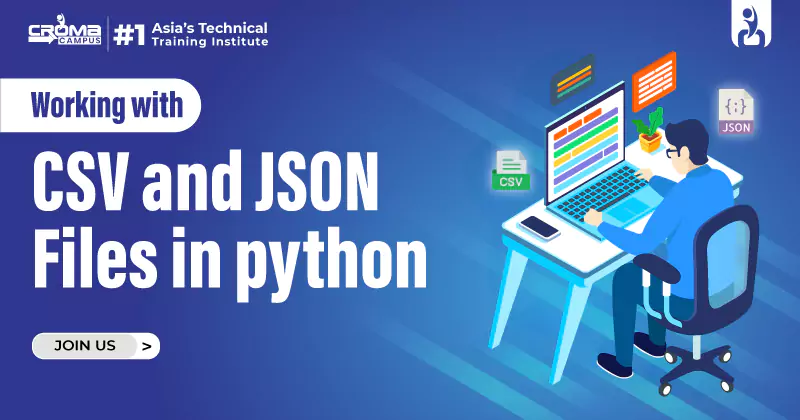
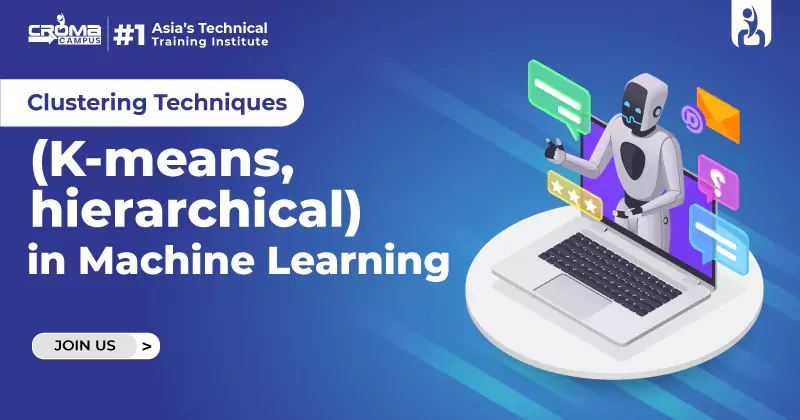
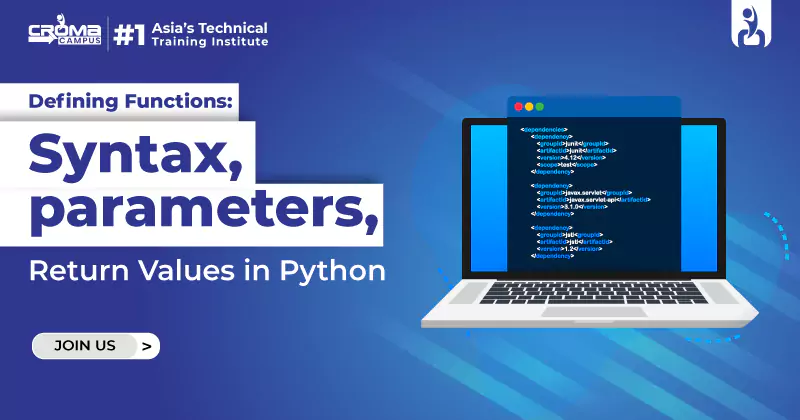
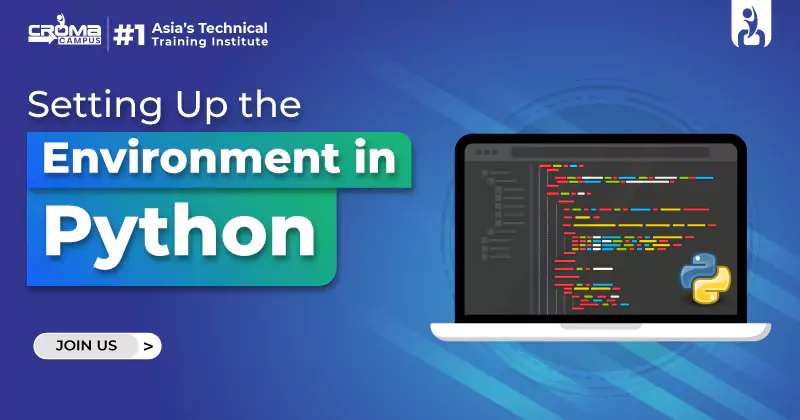









 Master in Cloud Computing Training
Master in Cloud Computing Training